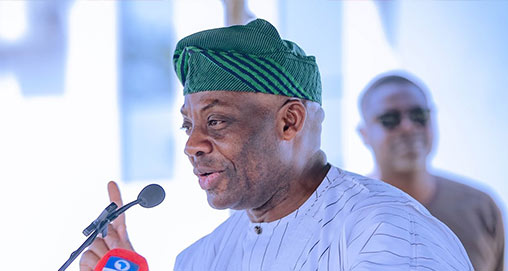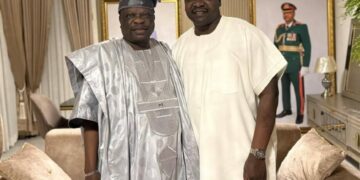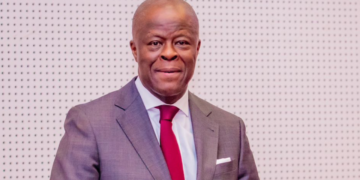The Federal Government has cancelled the national policy mandating the use of indigenous languages as the medium of instruction in schools, declaring English as the only language of instruction.
Minister of Education, Dr. Tunji Alausa, stated this at the 2025 Language in Education International Conference, organised by the British Council in Abuja on Wednesday.
The policy aims to promote indigenous languages, recognise their equal status, and improve early childhood learning outcomes, while English remains the official language used in later education and formal settings.
Speaking at the conference, Alausa announced that English is now the language of instruction in Nigerian schools from primary to tertiary levels.
He said the Nigerian children had been performing abysmally in public exams as a result of being taught in their mother tongue.
The minister stated that the decision to cancel the policy was based on extensive data analysis and evidence showing that the use of the mother tongue as the primary medium of instruction had negatively impacted learning outcomes in several parts of the country.
“We have seen a mass failure rate in WAEC, NECO, and JAMB in certain geo-political zones of the country, and those are the ones that adopted this mother tongue in an over-subscribed manner.
“This is about evidence-based governance. English now stands as the medium of instruction from the pre-primary, primary, junior secondary, senior secondary and to the tertiary education level,” Alausa said.
“Using the mother tongue language in Nigeria for the past 15 years has literally destroyed education in certain regions. We have to talk about evidence, not emotions,” he said.
According to him, data gathered from schools across the country revealed that students taught primarily in indigenous languages recorded higher failure rates in national examinations and struggled with basic English comprehension.
“The national policy on language has been cancelled. English now stands as the medium of instruction across all levels of education,” he said.
The minister urged stakeholders with differing views to present verifiable data to support their positions, adding that the government remained open to evidence-based dialogue that would strengthen the education sector.





